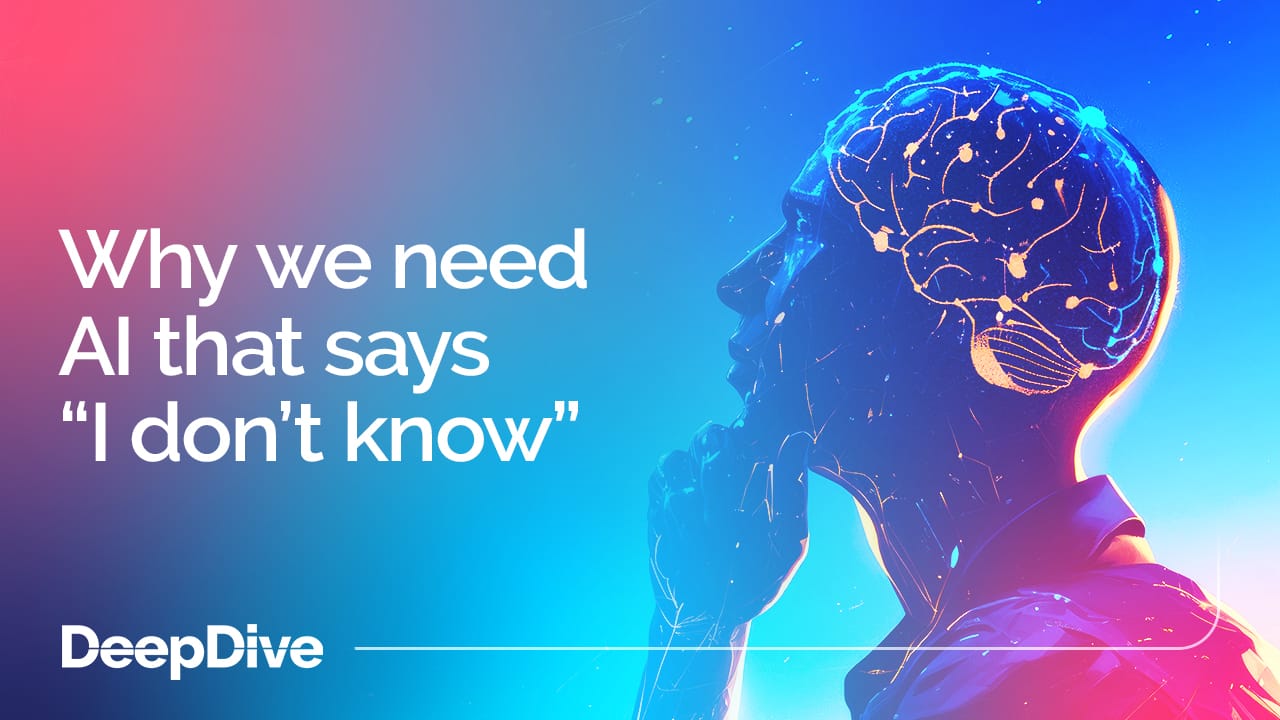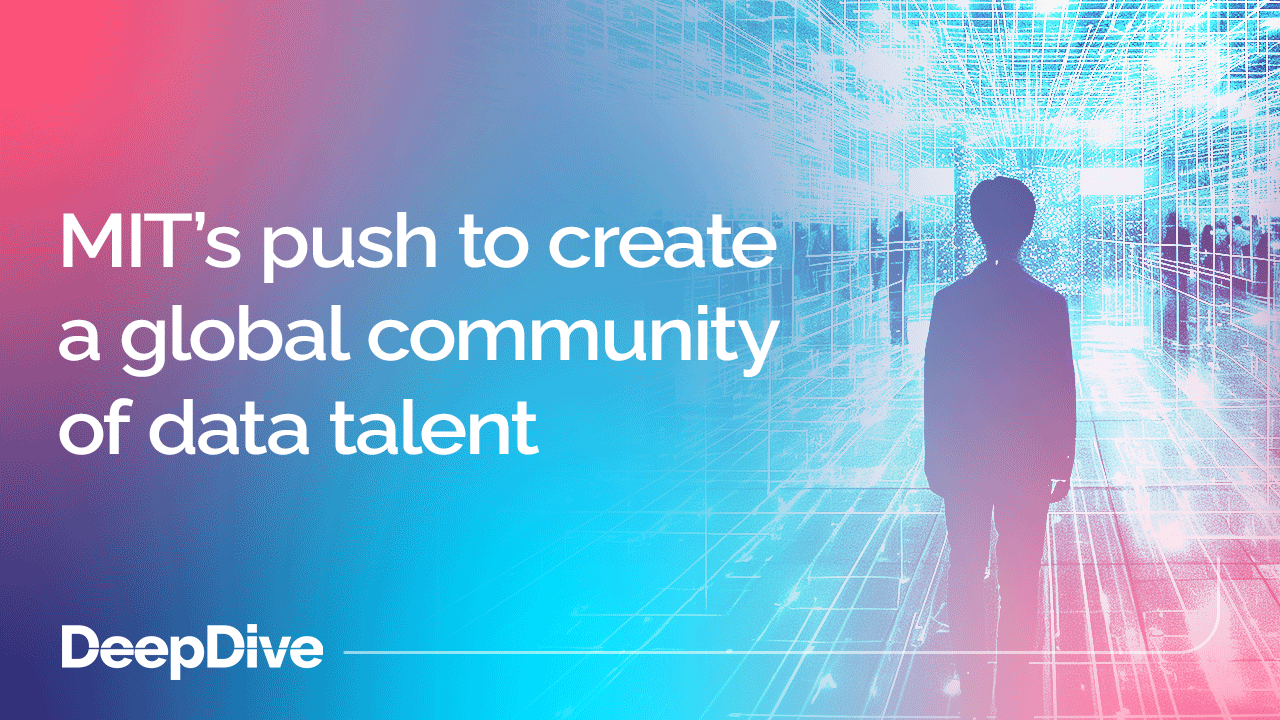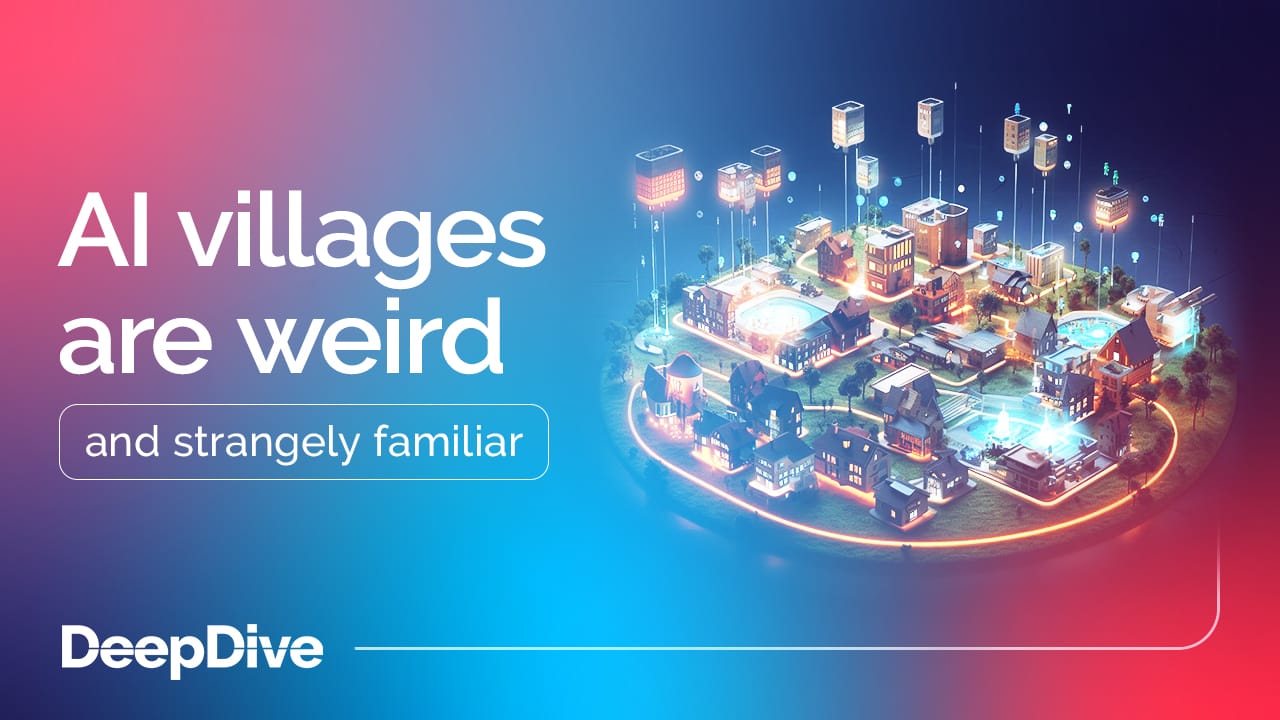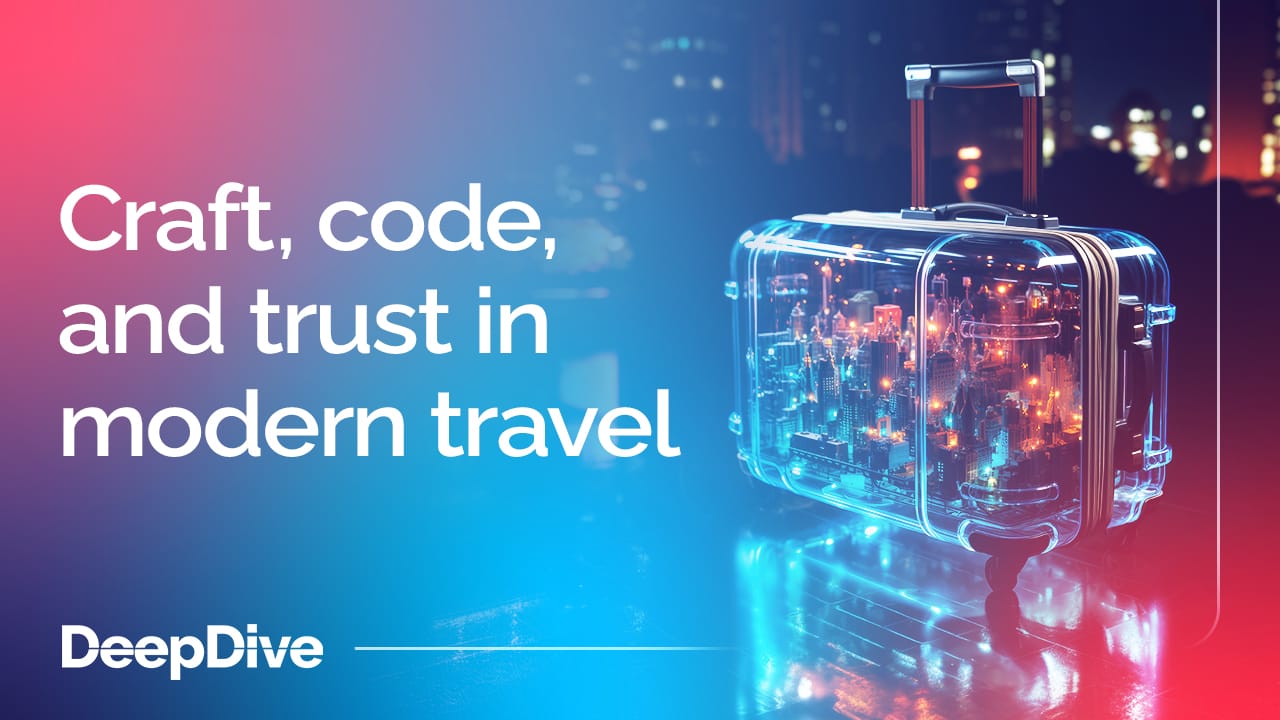

MIT’s push to create a global community of data talent

Welcome to the 8 new deep divers who joined us since last Wednesday.
If you haven’t already, subscribe and join our community in receiving weekly AI insights, updates and interviews with industry experts straight to your feed.
DeepDive
Data is everywhere. And the ability to make sense of it is becoming one of the most valuable skills anyone can have.
But in spite of the hype around AI and machine learning, we’re still facing a persistent problem: access to talent and opportunity in the data science space is very unequal.
That’s something the Massachusetts Institute for Technology (MIT) is working hard to change.
Through partnerships with organisations including BREIT in Peru, MIT is on a mission to help bridge these gaps by creating a truly global community of data talent. It's not just about producing top-tier graduates – it's about building robust ecosystems of knowledge, research, and innovation that can support learners and professionals wherever they are in the world.
A new kind of data science network
At the heart of MIT’s initiative is the critical awareness that no single institution, country or organisation can tackle the challenges of the data age alone. Solving big problems is going to require global collaboration – and if we want to be able to do that, we need individuals around the world to have access to data science education.
It’s not just about training students at MIT. Instead, partnerships with universities and research institutions around the world – including in under-resourced regions – are enabling data science education and research to thrive everywhere.
These collaborative research nodes are essentially hubs where local researchers, students and communities can work on data-driven solutions for problems that matter to them.
It’s a response to the global data talent gap
This mission is urgent. According to the World Economic Forum, the demand for data scientists and AI specialists will continue to rise sharply in the coming years – but many regions are still lacking the infrastructure, training programmes, or support to build a strong pipeline of talent.
When we interviewed Joseph Wehbe (Chief Artificial Intelligence Ecosystem Builder at DAIMLAS), he said he believes one major problem is a one-size-fits-all approach:
“Both governments and businesses must realise that every region in which they operate is at a different level of AI readiness. And that’s because of numerous factors – the talent pool, availability of AI research centres at universities and industry, availability of AI degree granting universities, support from the platform companies, and the AI hiring index of government/industry jobs in AI.”
Building AI ecosystems, not just training courses
Wehbe pointed out that true success requires more than just teaching a few students how to code. You need a fully functioning AI ecosystem, and that means creating pathways for learners, institutions and industry to grow together.
“In a fully functioning AI ecosystem, there are AI centres of excellence (CoE) that anchor the ecosystem. They are important because a CoE creates pathways for all the stakeholders who want to participate to have success in achieving their AI goal.”
“A CoE is anchored in academia and supports in building the next generation of AI talent. But that next generation isn’t just the university or high school students, it’s every learner that wants to get into AI with academic merit – and every learner should have a pathway to do that.”
MIT’s push for cross-border partnerships aims to do just that – supporting learners of all backgrounds, not just those in elite academic programmes. With a focus on inclusion, equity, and global access, it plans to expand the number of people who can meaningfully engage in the data-driven economy.
Local talent, local problems, local solutions
Another key part of the equation is localisation. Because AI and data science need to be applied to real-world problems, which differ dramatically from one country or community to the next.
“Leaders must realise that there is a shift towards Sovereign AI – that is homegrown AI that’s built in a localised ecosystem, because each region has local talent, local problems to solve, local capital, local research, local small businesses, local universities, community colleges, and technical schools, local ethical and regulatory considerations, that all impact the future of work,” said Wehbe.
This is where MIT’s collaborative model really shines. By creating global research nodes and working hand-in-hand with local institutions, it’s fostering data science education that’s not only relevant to different communities – but actually rooted in them.
Data talent networks are necessary for the future of AI
For countries that haven’t yet committed to a national AI strategy or built their own centres of excellence, the warning signs are clear.
“There is a generation of learners being left out if they don’t,” Wehbe said. “Advanced AI hubs are quickly shifting from the knowledge economy to the Generative AI economy, and the longer they wait, the more they will be left behind.”
With MIT and its partners setting the example, the hope is that more governments, universities, and private sector players will step up – and invest in building their own ecosystems of data talent.
Because data science isn’t just a technical field. It’s a human one. And the more inclusive, accessible, and locally grounded it becomes, the more powerful its impact will be.
How do you stay connected with other data professionals?
We want to know what you do to stay tuned into developments in the field of data science. Which networks, communities, and events help you make your voice heard?
We’ll see you back in your inbox next week.





